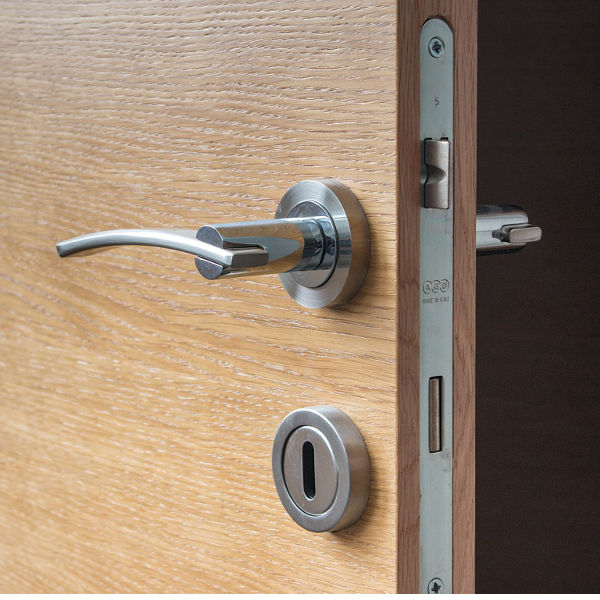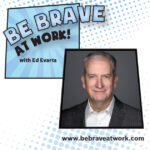To stay ahead of an unending volume of work, sometimes people hide in their offices. They may spend the day dodging colleagues, letting the phone go unanswered, and surfing their inbox to select which emails are the most urgent. Their colleagues likely feel frustrated that they cannot get their attention; and on those rare occasions when they do, they feel rushed. If those people are inaccessible to colleagues who need their help and attention, they may slowly lose contact with individuals who are important to their careers.
Being accessible is not just having an “open door policy” or ensuring your team knows your cell phone number. Accessibility is about creating an atmosphere where your colleagues can reach you – even interrupt you – and leave the interaction with a positive feeling. Are you accessible? Perhaps you possess low self-awareness of how your behavior in your organization diminishes outreaches by others.
Maybe you can be heard decrying, “No one ever tells me anything!” and “How come I am always the last to hear about these things?” When you think about it, you may discover that you are less accessible than you think you are.
Do any of the following characteristics seem familiar to you when you think about being accessible to others?
- Your office door is always closed.
- You rush frantically between conference calls or meetings with little time to talk to others.
- You easily get annoyed when colleagues reach out to you (especially if the outreach feels like an interruption).
- Your back faces the entrance to your office or workstation.
- Your interactions with your colleagues never seem to benefit them.
- No one comes to you for help.
~~~~~~~~
You can find Ed’s book, Raise Your Visibility & Value: Uncover the Lost Art of Connecting on the Job
on Amazon and Barnes & Noble.







